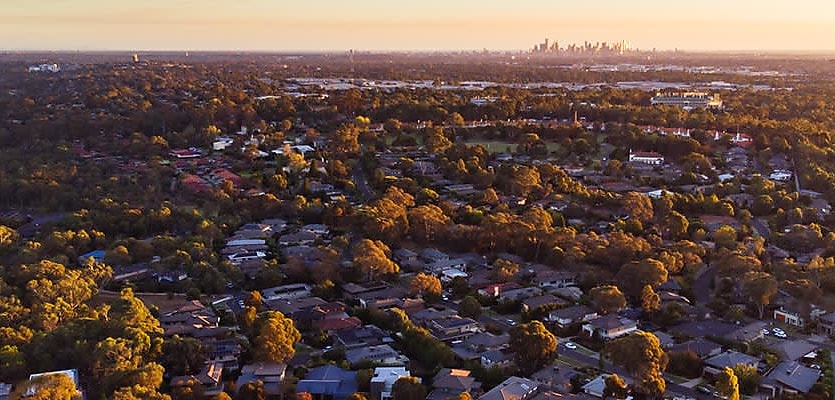The dollar value of foreign investment going into Australia’s real estate market has been uncovered in a new report.
According to the Foreign Investment Review Board (FIRB) Annual Report, released earlier this month, mainland Chinese real estate investment into Australia in 2018–19 dropped to $6.1 billion. This is down more than 50 per cent from 2017–18 and marks its lowest level since 2012–13.
The report found that in 2018–19, there were a total of 7,513 residential real estate applications approved for proposed investment worth $14.8 billion. This is a 2,523 decline in the number of approvals from 2017–18 and continues a trend seen since 2015–16, the report found.
“Despite this, 2018–19 saw an increase in the value of proposed investment in residential real estate by $2.3 billion, representing an 18 per cent increase on the previous year. This increase can be attributed almost solely to the approval of ‘for development residential real estate exemption certificates’.”
The report noted that analysis of residential real estate data since 2015–16 indicates a “dampening of foreign demand for residential real estate”.
“Many factors may explain the fall in the number of residential real estate approvals. These include foreign investment application fees, a tightening of domestic credit and increased restrictions on capital transfers in home countries, state taxes and foreign resident stamp duty increases, and the introduction of an exemption certificate so that only one approval is required for individuals considering a number of residential properties with the intention to purchase only one property,” it said.
“In 2018–19, the number of residential real estate approvals for proposed purchases in New South Wales and Victoria fell to 60 per cent of all approvals given to single states/territories. The value of residential real estate approvals in these two states together fell by roughly 25 per cent compared to the previous financial year.”
Established residential dwellings
When it comes to established residential dwellings, the report found that in 2018–19, there were 1,312 approvals.
“Established dwellings (or developed residential premises) can generally only be purchased by temporary residents for use as their home while they remain in Australia. A small number of approvals are given for foreign persons that operate a substantial Australian business to acquire an established dwelling to house Australian-based staff or for redevelopment to add to the housing stock,” the report said.
“After increasing to about a third of all established dwelling approvals in 2017–18, established dwelling single purchase exemption certificates returned to about a quarter of all established dwelling approvals in 2018–19.
“These certificates enable foreign persons to receive pre-approval to purchase a single established dwelling and notify the details of the property once purchased, rather than requiring the person to seek individual approvals for each dwelling they may be considering purchasing.”
Furthermore, the report noted Australia’s foreign investment policy encourages investment in the residential real estate sector, “which is expected to help build new supply”.
“In 2018–19, 6,200 approvals for development were given including combination exemption certificates for new dwellings, vacant land and other residential property for development,” it said.
“In 2018–19, the value of exemption certificate approvals increased to $9.2 billion, compared to $4.6 billion in the previous period.”
Moving forward, Juwai IQI executive chairman Georg Chmiel painted a positive picture for foreign investment going forward.
Despite the data showing Chinese investment in Australian real estate taking a three-year hit from late 2016 to the first half of 2019, Mr Chmiel said in April 2020 that Chinese buyers made twice the number of enquiries on Australian real estate as in any other month so far this year and 50 per cent more than in any month in the second half of 2019.
“There may have been a great deal of pent-up activity taking place in April, so we don’t expect Chinese buyer enquiries to remain at this height for the rest of the year. The data shows that Chinese buyers are back,” Mr Chmiel said.
“The coronavirus has created exceptional circumstances. While Chinese buyer demand in January remained strong, the lockdown in Victoria forced the number of Chinese buyer enquiries down in February and March.”
ABOUT THE AUTHOR

Emma Ryan
Emma Ryan is the deputy head of editorial at Momentum Media.
Emma has worked for Momentum Media since 2015, and has since been responsible for breaking some of the biggest stories in corporate Australia, including across the legal, mortgages, real estate and wealth industries. In addition, Emma has launched several additional sub-brands and events, driven by a passion to deliver quality and timely content to audiences through multiple platforms.
Email Emma on: Emma.Ryan@momentummedia.









You are not authorised to post comments.
Comments will undergo moderation before they get published.